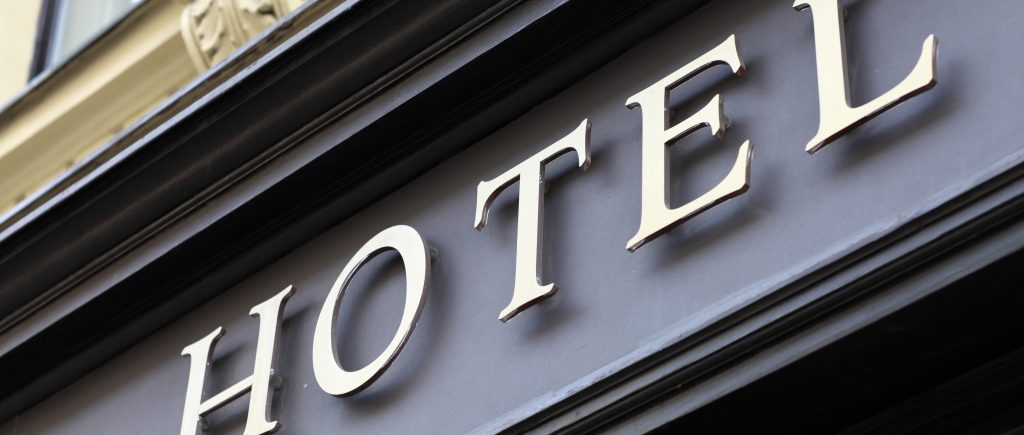UK pubs, bars and restaurants saw hefty drop in trading over Christmas and New Year, while more Americans filed new jobless claims last week.
Trading at hospitality venues slumped by 60% on Christmas Day, 31% on Boxing Day and 27% on New Year’s Eve, compared to 2019’s pre-pandemic levels.
The figures, from trade body UK Hospitality and consultancy CGA, show that the sector suffered a ‘lost Christmas’ and cap off a devastating December in which the omicron variant hit takings hard.
That explains clearly why so many hospitality firms have few cash reserves at the start of 2022 (see 10.09am post), and some have little confidence of keeping afloat.
Venues in Scotland and Wales, where restrictions were tightened, saw the sharpest falls in trading. Scotland and Wales both act to tighten rules amid Omicron spread
Several firms racked up losses during December, rather than the usual profits they relied on, which will hit job creation and growth.
December is a vital period for hospitality businesses, equal to three months’ worth of trading for many. These new figures are crippling for an industry already struggling but also spell disaster for the wider UK economic recovery, as ONS figures showed that overall growth in Q3 was driven by hospitality.
These sales drops versus 2019, and also against our members’ projections before the onset of the new Omicron variant, will have taken most businesses from healthy trading for the month to painful losses, delaying the sector’s recovery and extending hospitality’s long COVID. Cash reserves are severely depleted, and some businesses will struggle to survive the first quarter of 2022.
This dreadfully disappointing December has further stymied our ability to deliver jobs, growth and investment at pace, which we all know is so crucial to the recovery of our economy overall.

 Noor Trends News, Technical Analysis, Educational Tools and Recommendations
Noor Trends News, Technical Analysis, Educational Tools and Recommendations




